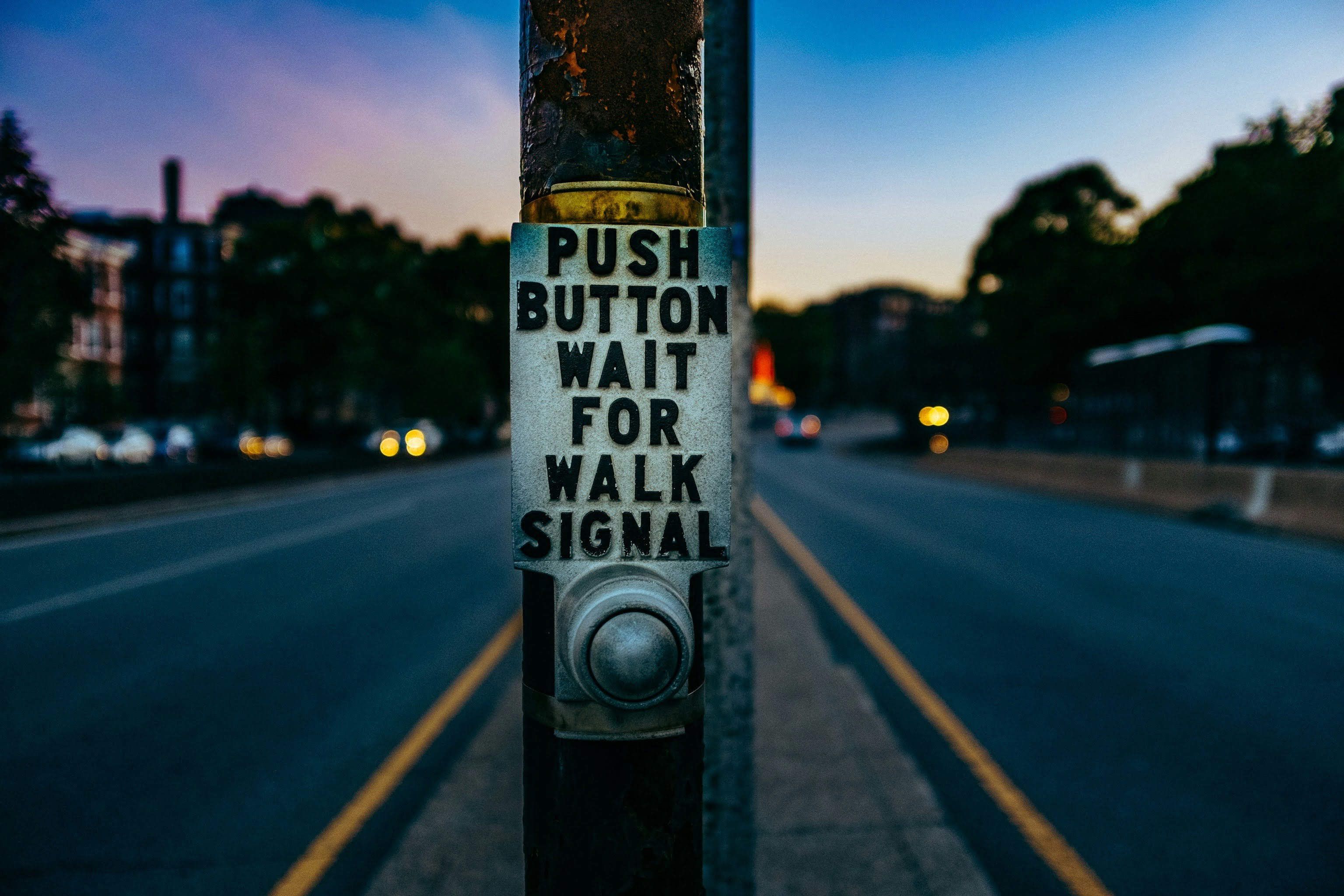
The Pause Advantage
October 1, 2025
For years, we were told that what gets measured gets managed. And so we measured everything. From sales targets to customer satisfaction, call times to click-throughs, we created a culture of metrics. But when numbers become all that matters, something very human gets lost. Cultures built solely on data may be efficient, but they’re rarely inspiring. You can’t spreadsheet your way to passion. You can’t dashboard your way to purpose.
We live in the age of the meme. Communication is often reduced to a slogan, a swipe, or a sentence. Social media has trained us to value quick hits over considered arguments. In this environment, the art of persuasion - once essential to leadership and culture change - is quietly being eroded. The truth? Behaviour doesn’t change because people are informed. It changes because they are persuaded.
Recognition is one of the most powerful forces in the workplace - and one of the most undervalued. When someone sees your effort, acknowledges your input, or thanks you for going the extra mile, it does more than boost morale. It creates a sense of belonging. Recognition isn’t just about good manners it’s fundamental to shaping a productive culture. Recognition also reinforces an organisation's behaviours.
If Purpose is about why an organisation does what it does, that ‘why’ can certainly be a source of inspiration for employees and give them ‘boasting rights’. There’s a golden opportunity to motivate and inspire employees through combining your organisation’s Purpose with the Personal Purpose of everyone working there – in a tailored way. It needs to complement what employees are looking to achieve too.
Most people in business are familiar with meetings. But let’s be specific: they’re familiar with reporting meetings - those calendar fillers where the aim is survival. These are not environments where innovation thrives. And yet, when organisations decide they want to be more innovative, they often expect it to happen inside the same meeting culture that has rewarded evasion and blame.
We’ve all heard the advice: “Fake it ‘til you make it.” Say it with enough confidence, and it sounds almost empowering. It’s a useful push to keep going despite feelings of self-doubt. But not far behind those words lies a quieter voice that whispers, “You don’t belong here.” That voice belongs to Imposter Syndrome - which can show up even when we’re not faking anything at all - the persistent belief that your success isn’t deserved.
Visit our YouTube channel to watch client testimonials, case studies and expert insight on our work in Organisational Culture Change